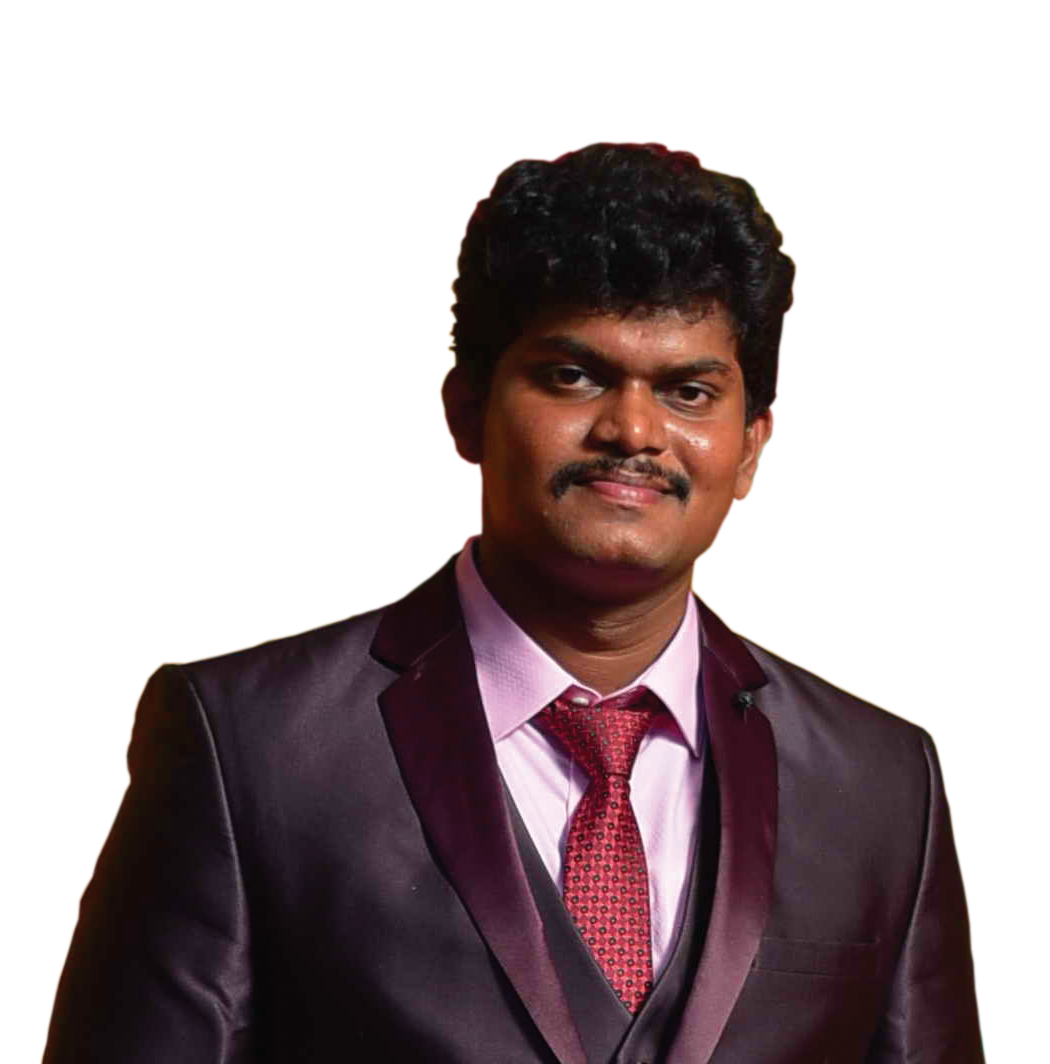🗳️ Safeguarding Democracy Begins with Safeguarding the Right to Vote
India’s vibrant democracy rests on one crucial pillar — universal adult franchise. Yet, recent developments in Bihar have ignited a debate around how voter eligibility is being determined in the run-up to upcoming elections.
The Election Commission of India (ECI) began a Special Intensive Revision of Electoral Rolls, asking even long-registered voters to re-enroll by submitting new documents to prove their citizenship. While updating electoral rolls is essential, the way it's being executed — particularly the rejection of Aadhaar and even Voter ID cards as valid proof — raised serious concerns about potential voter exclusion.
In a timely intervention, the Supreme Court of India ruled that Aadhaar, Voter ID, and Ration cards must be considered valid proof for electoral enrollment. This ruling strikes a critical balance between ensuring clean electoral rolls and protecting the right to vote for eligible citizens.
This brings us to a deeper issue: What is the legal status of the right to vote in India?
While we might assume it is a fundamental right, the Supreme Court (in the Kuldeep Nayar case, 2006) clarified that the right to vote is a statutory right, not a constitutional or fundamental one. That means it is governed by the Representation of the People Act, 1950, not the Constitution itself — though it plays a vital role in sustaining India’s democratic structure.
This matters, because:
Any exclusion of eligible voters undermines the very legitimacy of elections.
India, unlike many Western democracies, adopted universal adult suffrage from Day 1 — in 1950.
Historically, countries like the US and UK took over a century post-independence to extend voting rights to women and minorities. India was far more progressive.
With over 96 crore registered voters, even a small percentage of erroneous exclusion can silence millions. In a country with large numbers of migrant workers, informal settlers, and socio-economically disadvantaged citizens, demanding a limited set of documents as proof of citizenship risks leaving out many genuine voters.
As Winston Churchill once said, "The greatest argument against democracy is a five-minute conversation with the average voter". Ironically, it’s also the common citizen’s right to vote — that quiet, five-minute act in a polling booth — that keeps power in check and democracy alive.
So while the effort to clean up electoral rolls is justified, transparency, inclusiveness, and accountability in the process are non-negotiable.
A democracy is only as strong as its weakest vote.
Let’s not allow any eligible citizen to be left behind.
#RightToVote #ElectoralIntegrity #IndianDemocracy #SupremeCourtIndia #ElectionCommission #VotingRights #UniversalAdultFranchise #LegalRights #InclusionMatters #VoterAwareness #RepresentationOfPeopleAct #Aadhaar #ElectoralRolls #ConstitutionOfIndia #DemocracyInAction
